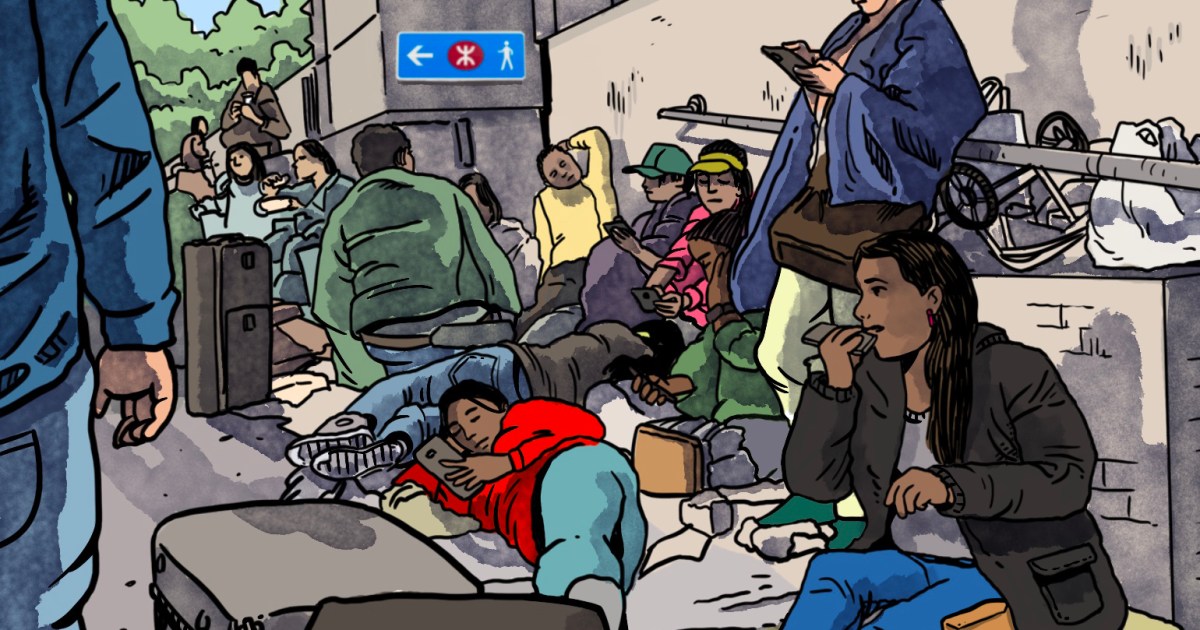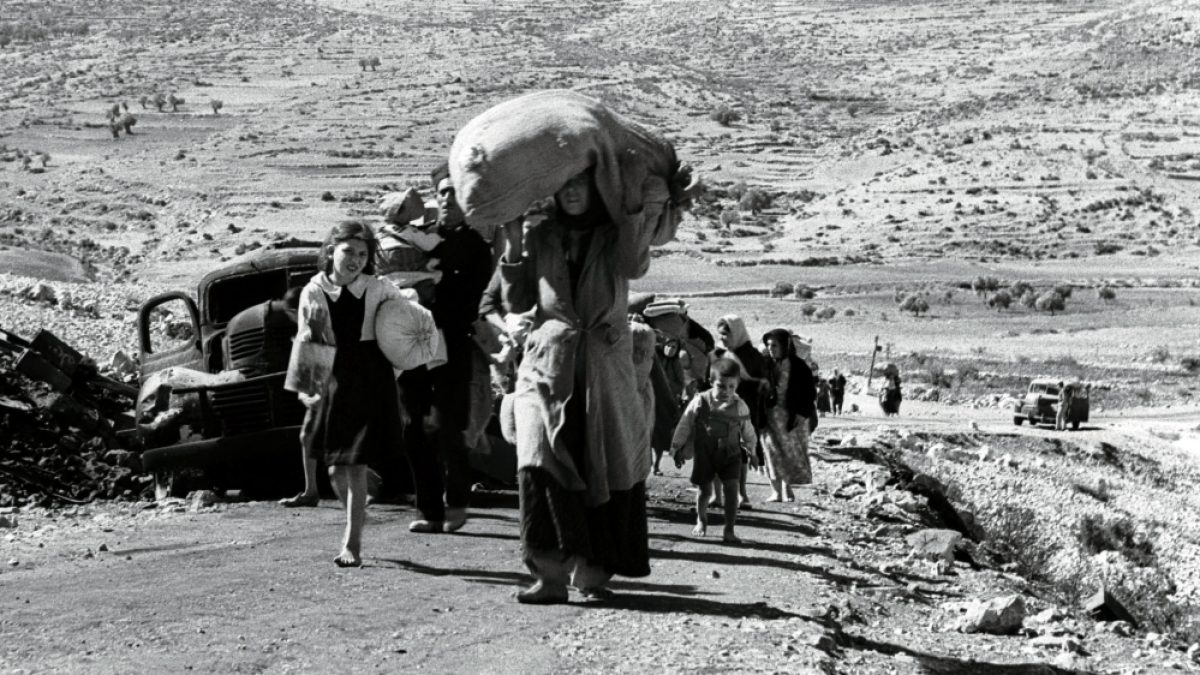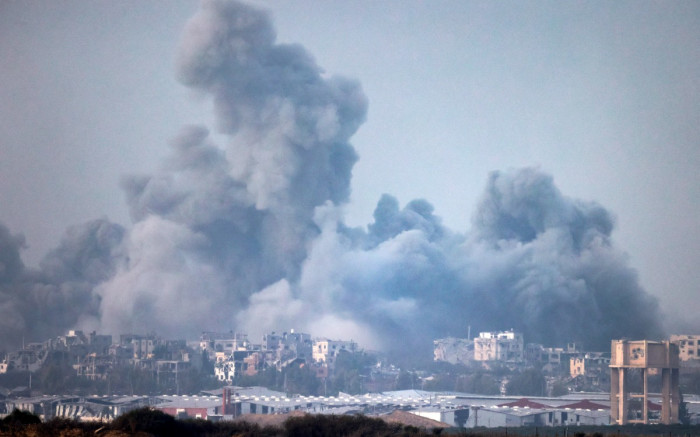
Bangkok, Thailand – Three words in English gave Thai migrant worker Khomkrit Chombua the first signal in 50 days that his captors in Gaza would release him: “You are going to Thailand.”
Khomkrit was among 17 Thai prisoners who arrived in Bangkok on Thursday tired and visibly emaciated but in a good mood.
The returnees were mobbed at the airport by weeping relatives overwhelmed with relief that their loved ones, who had left home to earn money for their families back home, had returned alive after being caught up in someone else’s war were.
Khomkrit Chombua, 28, a shy, taciturn man from Surin province near the border with Cambodia, was showered with hugs from three of his cousins after he arrived at Suvarnabhumi airport wearing a T-shirt with Thai and Israeli flags printed on it.
“I was so happy,” he told Al Jazeera, recalling the moment his captors told him he would be released.
“I missed my family, I was worried about them… I wasn’t sure if I would ever get out.”
Like the other freed prisoners, Khomkrit thanked everyone involved in his rescue but declined to discuss the conditions of his captivity.
Thailand is one of the countries most affected by the war between Israel and Hamas. At least 39 Thais, all poor agricultural workers working on Israeli farms near Gaza, were killed in Hamas’ attacks on Israel on October 7, and 32 others were captured.
Nine Thai nationals remain in captivity in the Gaza Strip, according to the Thai Foreign Ministry, which has pledged to make every effort to get them back. Six other released prisoners are waiting in Israel to return home.
“Our mission to save our Thai workers… is not yet complete,” Foreign Minister Parnpree Bahiddha-Nukara said at Suvarnabhumi airport, expressing his emotion that his compatriots were released after weeks of arduous diplomacy.
“For the nine Thais still detained, we will do our best and use every opportunity to bring them home.”
When he was kidnapped, Khomkrit had already been working in Israel for over four years, about a year less than the maximum length of time that Thai migrant workers are allowed to work in Israel without renewing their visa.
Like most of the approximately 30,000 Thais working in Israel, he was employed in agriculture, drawing on outdoor work skills and experience acquired in the rice basket region of Isan, where his home province of Surin is located.
Under a now-defunct labor agreement signed between Israel and Thailand in 2011, Thai migrant workers were guaranteed a minimum wage of 5,300 shekels a month ($2,000), several times more than most at home growing rice, rubber or can expect sugar.
The agreement also provided for greater control over the recruitment process, while Israeli officials said it would reduce the $10,000 brokerage fees paid by Thai workers by up to 80 percent.
For many Thais, whose average daily wage is about 300 baht (about $10), working in Israel is seen as a shortcut to owning a home or buying land for their family.
Although Khomkrit’s stay was brutally cut short, he said he was still grateful to be able to work abroad and build a home for his family.
“I was a delivery driver for Tesco Lotus in Bangkok before I went to Israel. I basically lived hand to mouth, a decade of savings still wouldn’t have been enough,” he said of his ambitions to buy a house.
The World Bank said this week that Thailand remains the country in East Asia and the Pacific with the highest “income-based inequality,” with the richest 10 percent earning nearly 50 percent of total income.
Thai household debt stands at 90 percent of gross domestic product (GDP), and Thai Prime Minister Srettha Thavisin vowed this week to crack down on loan sharks who have trapped scores of communities in debt traps.
For most young people in farming communities like Khomkrit’s, moving to the city or working abroad seems to be the only option, even if it means accepting risks to their safety.
“It’s always about the money, right?” Khomkrit’s cousin Piyanus Phujuttu, 27, told Al Jazeera.
“In Thailand, with this low minimum wage, you can’t do more than put food in your mouth.”
Amid the scenes of joy on Thursday, the reality of life for Thailand’s poorest people was not far from the picture.
While waiting for her husband, Wichian Temthong, to enter the arrivals area at Suvarnabhumi Airport, Malai Is-sara said he was taken hostage shortly after starting work.
“He went there to fulfill his dreams: to build a house for his parents and pay for school for our two little boys,” she told Al Jazeera.
“I still believe he will go back out there to chase his dreams.”






Recent Comments